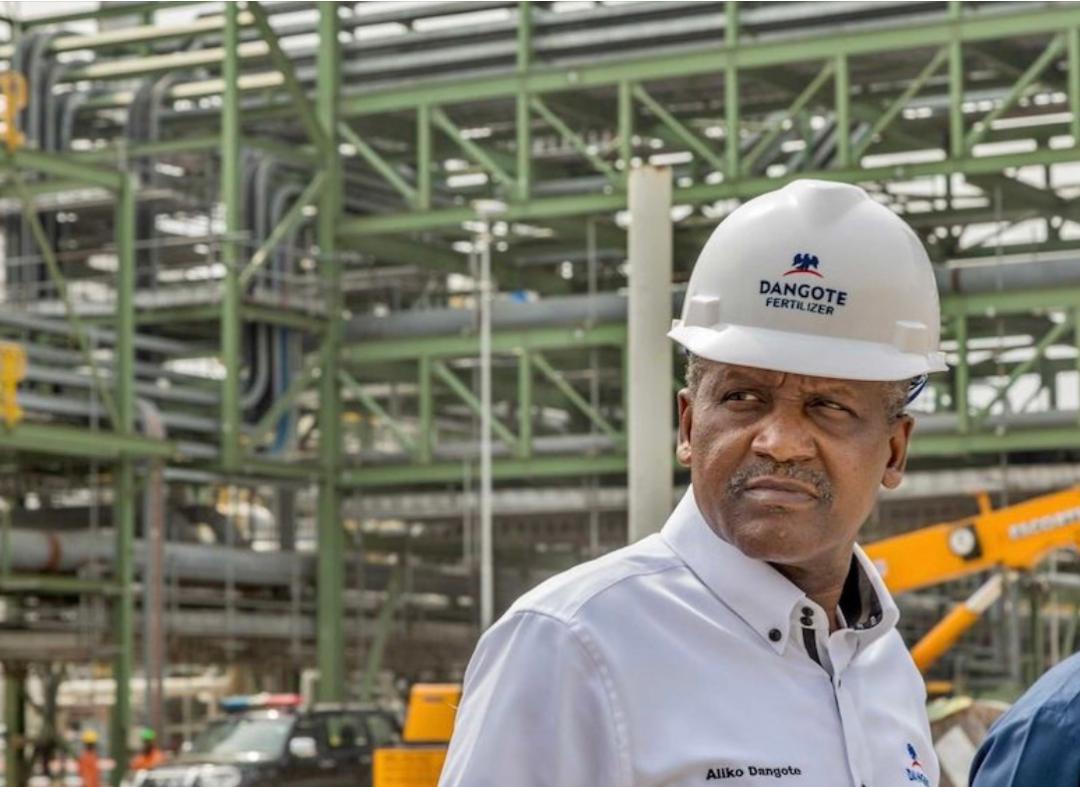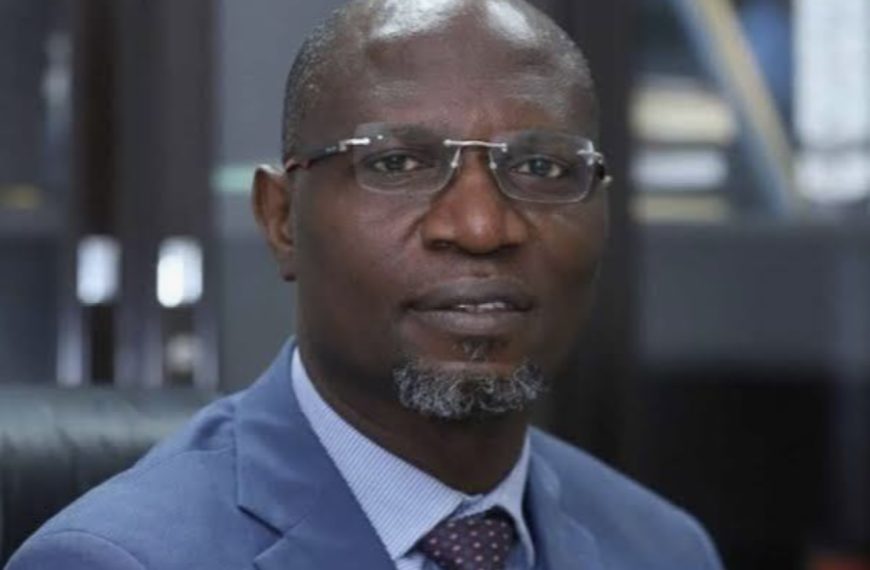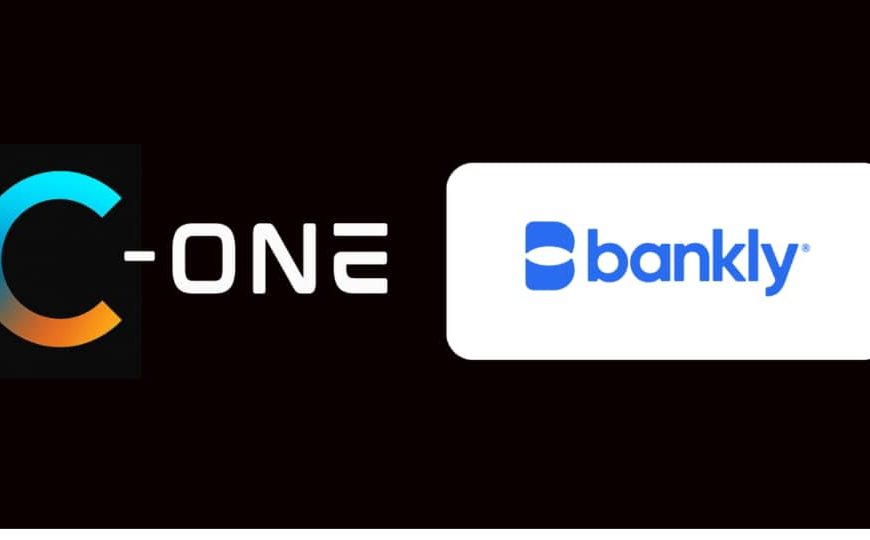The Dangote refinery, the newly revamped Port Harcourt and Warri refineries as well as six other refining facilities across Nigeria are expected to consume about 37 per cent of the country’s total projected crude oil production in the first half of 2025.
Specifically, data released from the Nigerian Upstream Petroleum Regulatory Commission (NUPRC) indicated that 123.48 million barrels will be distributed among the active nine refineries in the country during the period under consideration.
The Commission stressed that the volume required by the local refineries was submitted by the Nigerian Midstream and Downstream Petroleum Regulatory Authority (NMDPRA) in line with section 10(1)(2) of the Production Curtailment and Domestic Crude Oil Supply Obligation Regulations, 2023.
In all, Dangote will in H1, 2025 have access to 99.5 million barrels of the 123.48 million barrels projected local crude production, followed by Warri with 13.57 million barrels and the upcoming Kaduna refinery which will gulp 3.9 million barrels of total in-country crude oil volume.
This will be followed by the 60,000 barrels per day Old Port Harcourt refinery, which will require 2.86 million barrels during the first six months of 2025 as well as Aradel refinery in Rivers state, which will need 1.26 million barrels.
In the last one decade, Nigeria had shut down its deteriorating oil refineries, but had recently begun to reopen them in phases, boosted by the 650,000 barrels per day Dangote refinery as well as modular refineries scattered around the south of Nigeria.
Aside from the aforementioned, OPAC refinery in Delta state will require 900,000 barrels for the period; followed by Waltersmith’s 814,500 barrels; Duport Midstream’s 360,000 barrels; and Edo refinery and Petrochemicals’ 186,000 barrels.
According to the NUPRC data, 56 oil companies operating in Nigeria’s upstream petroleum sector, led by Shell, Seplat as well as NNPC Exploration and Production Limited (NEPL) are expected to drill the highest volume of oil to keep the refineries running from January to June 2025.
While unveiling the forecast, the document signed by the Chief Executive of the NUPRC, Gbenga Komolafe, stated that the commission aims for effective capacity utilisation of the nation’s domestic refineries during the period.
However, despite reviving some refineries in the country, there has been a running battle between the refining companies which have accused Nigeria’s crude oil producers of not meeting their domestic supply obligation, a breach of the PIA.
“The move is pursuant to Section 109 of the Petroleum Industry Act (PIA), 2021 and it is aimed at effective capacity utilisation of the nation’s domestic refineries by ensuring a consistent supply of crude oil,” the commission stated.
The comprehensive data, NUPRC said, provided insights into the projected crude oil needs for the refineries, crucial for understanding the energy landscape in Nigeria for the first half of 2025.
“The forecasted daily crude requirement for refineries, which is 770,500 bpd, is about 37 per cent of the forecasted first half 2025 average daily production of 2.066 million bpd,” the NUPRC pointed out.
However, it recalled that in October 2024, the NUPRC launched ‘Project 1 million Barrels’ which is expected to favourably impact the national production.
“NUPRC is leveraging the capacity of upstream operators to meet the target daily production of 2.5 million barrels per day in the short term.
“This strategic initiative aligns with Nigeria’s commitment to bolstering its domestic refining capacity and ensuring the sustainability of its oil industry.
The first half of 2025 is expected to witness increased synergy between local refineries and producing companies, setting the stage for a more robust and self-reliant petroleum landscape in Nigeria,” Komolafe added.
Meanwhile, oil prices fell around 3 per cent in 2024, slipping for a second straight year, as the post-pandemic demand recovery stalled, China’s economy struggled, and the US and other non-OPEC producers pumped more crude into a well-supplied global market.
Brent crude futures on the last trading day of the year, settled up 65 cents, or 0.88 per cent, to $74.64 a barrel. US West Texas Intermediate (WTI) crude settled up 73 cents, or 1.03 per cent, to $71.72 a barrel. Oil prices are likely to remain near $70 a barrel in 2025, Reuters reported.
The Brent benchmark settled down around 3 per cent from its final 2023 closing price of $77.04, while WTI was roughly flat with last year’s final settlement.
In September, Brent futures closed below $70 a barrel for the first time since December 2021, and in 2024, Brent broadly traded under highs seen in the past few years as the post-pandemic demand rebound and price shocks of Russia’s 2022 invasion of Ukraine began to fade.
Oil will likely trade around $70 a barrel in 2025 on weak Chinese demand and rising global supplies, offsetting OPEC+-led efforts to shore up the market, a Reuters monthly poll showed
Thisday Special Report
———-
Inflation: Organized labour to push for annual increment of minimum wage in 2025
Organised Labour has announced plans to push for an annual adjustment to the ₦70,000 minimum wage to reflect inflationary trends in Nigeria.
Labour leaders argue that the traditional practice of revising wages every three to five years is outdated and fails to address the financial realities faced by Nigerian workers amid rising costs of living.
Festus Osifo, President of the Trade Union Congress (TUC), revealed this during an interview on Channels Television’s Politics Today said: “What we are pushing on for Labour is that instead of you (the government) waiting for five years to increase the minimum wage, you will now look at the inflation of the last five years and try to make some adjustments, why can’t we reflect the inflation on an annual basis?” Osifo queried.
According to Osifo, both the TUC and the Nigeria Labour Congress (NLC) are united in this advocacy. They propose that adjustments to the minimum wage be made annually, using the inflation rate as reported by the National Bureau of Statistics (NBS).
“For example, we have entered January 2025, by the 15th of January 2025, the National Bureau of Statistics is going to release the inflation figure for December,” Osifo explained.
Osifo highlighted the inadequacy of the current minimum wage, noting that while the ₦70,000 benchmark was a significant improvement over the previous ₦30,000, it is far from sufficient in a country grappling with astronomical increases in the cost of living.
This reality has been exacerbated by the removal of petrol subsidies and a corresponding surge in energy costs.
“So, what we are pushing for as Labour is that, if for example, the inflation figure is 35%, apply that 35% to the ₦70,000 minimum wage so that it will become reflective of what the true value is. When we get to 2026, you will also do similar application. That is actually what we are pushing. We shouldn’t be waiting for five years.
“In the new Act now is three years to do those adjustments but we could be doing them systemically by applying the inflation as of December of the preceding year to what the minimum wage is.
“This is part of the position that we are also going to canvass this year. We started the conversation last year but we will continue it in 2025.”
Backstory
In July 2024, following extended negotiations, the Federal Government and labour unions settled on a N70,000 minimum wage, a decision later ratified by President Bola Tinubu.
The Minimum Wage Act mandates a five-year interval for wage adjustment negotiations between the federal government and organised labour.
In his New Year message to Nigerians on Wednesday, President Tinubu reaffirmed his administration’s steadfast commitment to curbing inflation, aiming to reduce the current rate of 34.6% to 15% by the end of 2025.
“In 2025, our government is committed to intensifying efforts to lower these costs by boosting food production and promoting local manufacturing of essential drugs and other medical supplies,” Tinubu explained. “We are resolute in our ambition to reduce inflation from its current high of 34.6% to 15%.”
During the Nairametrics Twitter Space titled “Tax Reform Bills: Clarifying the Sticky Issues with Taiwo Oyedele” on Monday, Taiwo Oyedele, Chairman of the Presidential Tax Reform and Fiscal Policy Committee, responded to a question from Ugo Obi-Chukwu, CEO of Nairametrics, about how the bills address inflation.
Oyedele explained that the bills include provisions stating, “you shouldn’t pay more than N5 million or 5 times national minimum wage. So, if you don’t change that law, you know that every five years you fight for a new minimum wage. So, that reflects the inflation within the environment.”
Nairametrics












